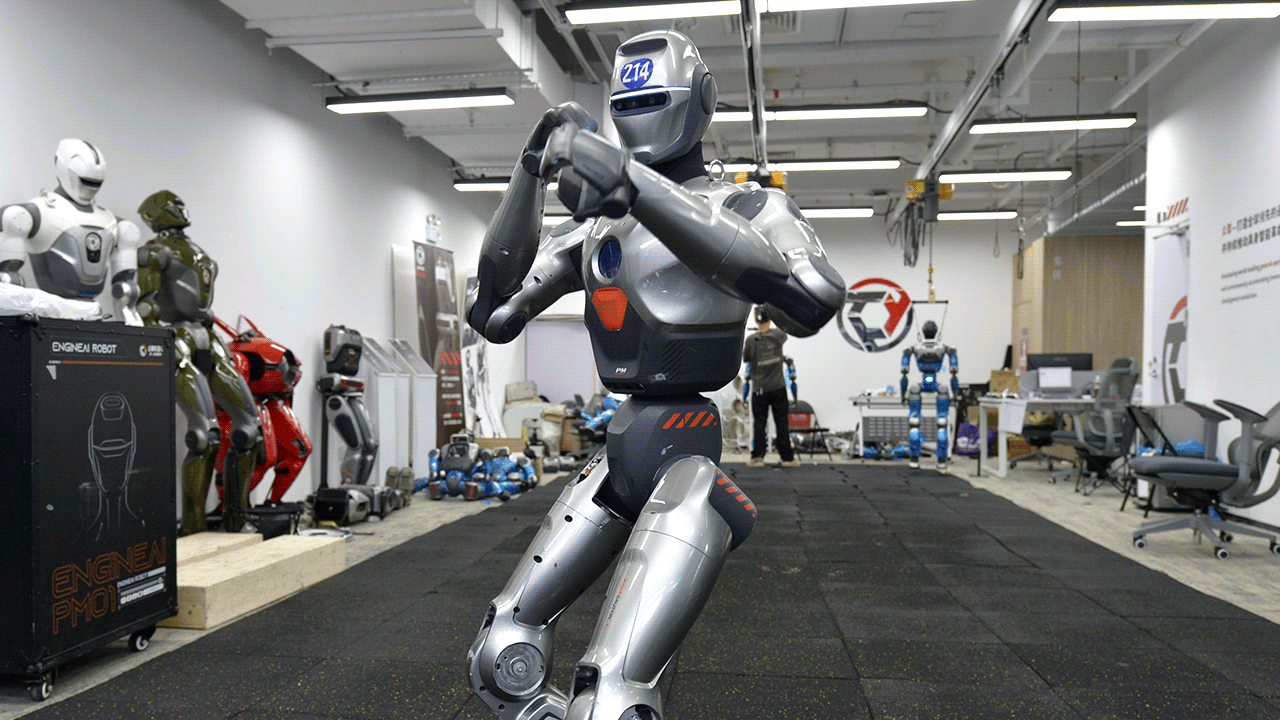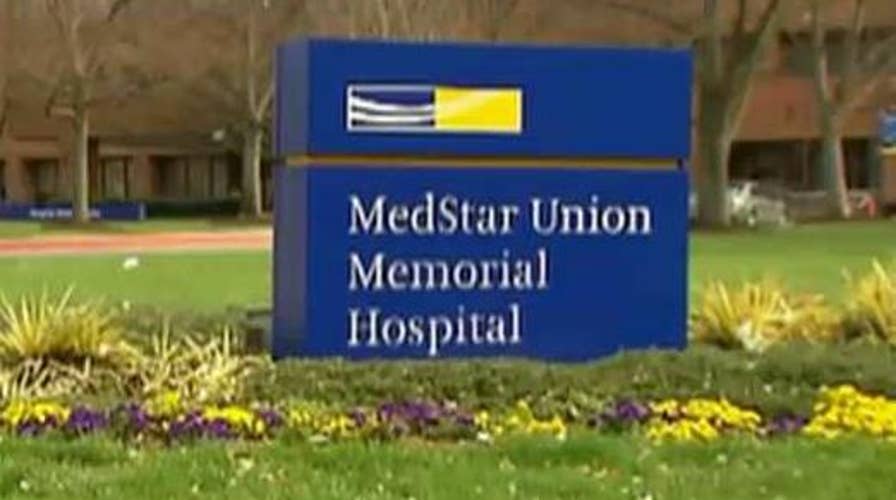A spokeswoman with MedStar Health says that that the healthcare provider is still experiencing widespread computer outages after a cyberattack on its systems Monday, but adds that progress is being made “by the hour.”
MedStar Assistant Vice President Ann Nickels told Fox News that the hospital network has regained its ability to access patient records and other vital information largely in a “read only” capacity, she added that many doctors and nurses throughout MedStar are still unable to enter patient data and other medical information into the network’s computer systems.
Nickels would not elaborate on what specific type of attack the healthcare network was experiencing, only saying that MedStar’s IT professionals were working to rid the network of malicious computer software present on its system.
Fox News reported on Tuesday, citing a MedStar doctor, that the healthcare provider is wrestling with a “ransomware” attack and that hackers were holding MedStar’s computers hostage in exchange for payment in Bitcoin.
Related: Computer virus hits MedStar Health, prompts FBI investigation
Nickels also confirmed to Fox that MedStar’s entire email system is still inoperable. Fox News learned this firsthand late Wednesday when an email to a MedStar employee bounced back as undeliverable.
FBI confirmed earlier this week that it is investigating the cyberattack and “looking into the nature and scope of the matter,” according to a spokesperson with the agency.
The health group, which runs 10 hospitals, the MedStar Health Research Institute and the MedStar Medical Group, describes itself as the largest healthcare provider in the Maryland and Washington, D.C. region.
In a statement released Wednesday, MedStar Health acknowledged the operational challenges caused by the malicious malware attack, but added that the level of care it provides has not been affected. “With only a few exceptions, we have continued to provide care approximating our normal volume levels,” it said. “Since Monday morning, we have seen more than 6,000 patients in our hospitals and ambulatory centers.”
Related: Iranian hackers indicted for attacks on US infrastructure
Earlier this week the healthcare chain said there is "no evidence" that patient information was stolen or compromised following the cyberattack.
Hospitals have become a target for cybercriminals using ransomware, malicious software used to extort money. The software can encrypt files until a ‘ransom’ is paid in a difficult-to-trace digital currency, such as bitcoins.
The scale of the ransomware threat was highlighted last month when a Los Angeles hospital paid nearly $17,000 in bitcoins to hackers who disabled its computer network. Henderson, Kentucky-based Methodist Hospital suffered a ransomware attack in February.
During 2013, the number of attacks each month rose from 100,000 in January to 600,000 in December, according to a 2014 report by Symantec, the maker of antivirus software.
Related: Hackers target Donald Trump, claim to leak his Social Security number
A report from Intel Corp.'s McAfee Labs released in November said the number of ransomware attacks is expected to grow even more in 2016 because of increased sophistication in the software used to do it.
The company estimates that on average, 3 percent of users with infected machines pay a ransom. It's not clear how many of those users were individuals and how many companies. Some ransomware attacks go unreported because the victims don't want it publicized they were hacked.
The first fully functional ransomware targeting Apple’s Mac OS X operating system was identified by security specialist Palo Alto Networks earlier this month.
The Associated Press and Fox News’ Matthew Dean contributed to this report.









































